Search
Search Results
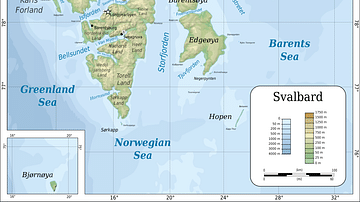
Article
A History of Svalbard
Svalbard is an archipelago in the Arctic Ocean on the northwest corner of the Barents Shelf. It is 800 kilometres (497 mi) north of mainland Norway and sits roughly midway between the top of Norway and the North Pole. It is bordered by Greenland...
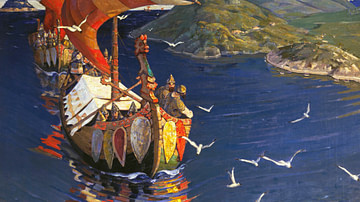
Article
Trade & Warfare in the Kievan Rus
Scandinavians from the island of Gotland began to spread throughout the Baltic region along the Russian rivers in the 700s. While the Vikings of Norway and Denmark from the 8th to 11th centuries are widely recognized as fearsome raiders and...
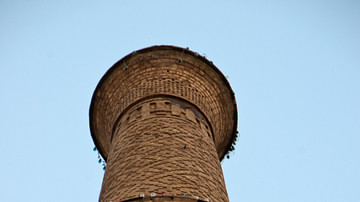
Article
The Style & Regional Differences of Seljuk Minarets in Persia
Under the Seljuk rule, Persia gained a period of economic and cultural prosperity. The innovative techniques of the Seljuk period and style in architecture and the arts had a strong influence on later artistic developments. Seljuk art is...

Article
Siege of Sevastopol in 1941-2
The siege of Sevastopol (Oct 41 to Jul 42) was an attack by Axis forces on the base of the USSR's Black Sea Fleet during Operation Barbarossa of the Second World War (1939-45). Sevastopol (aka Sebastopol) had one of the world's strongest...
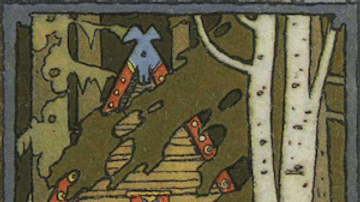
Image
Baba Yaga's Hut
An image portraying Baba Yaga's hut. Baba Yaga was said to live in a hut standing on chicken's legs. In Slavic folklore, Baba Yaga was a witch who often preys on children to eat them. However, some accounts present her as a wise and helpful...
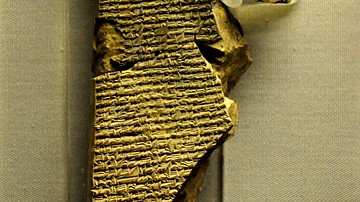
Article
Enuma Elish - The Babylonian Epic of Creation - Full Text
The Enuma Elish (also known as The Seven Tablets of Creation) is the Babylonian creation myth whose title is derived from the opening lines of the piece, "When on High". The myth tells the story of the great god Marduk's victory over the...
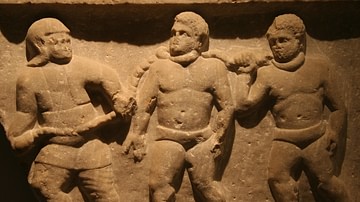
Article
The Spartacus Revolt
The revolt of the gladiator Spartacus in 73-71 BCE remains the most successful slave revolt in the history of Rome. The rebellion is known as the Third Servile War and was the last of three major slave revolts which Rome suppressed. The story...
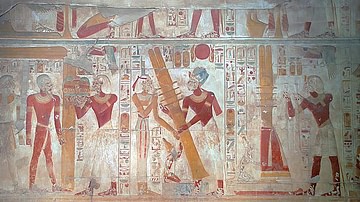
Article
The Forty-Two Judges
The Forty-Two Judges were divine entities associated with the afterlife in ancient Egypt and, specifically, the judgment of the soul in the Hall of Truth. The soul would recite the Negative Confession in their presence as well as other gods...
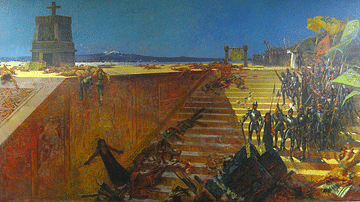
Article
The Fall of Tenochtitlan
The fall of Tenochtitlan on 13 August 1521 was a decisive moment in the dramatic collapse of the Aztec empire which had dominated Mesoamerica. Led by Hernán Cortés (1485-1547), the Spanish conquistadors enjoyed superior weapons and tactics...

Article
Eyewitness Accounts of the Holocaust
The Holocaust was the murder of 6 million Jewish people by the SS, Gestapo, and other organisations of Nazi Germany and its allies in the years prior to and through the Second World War (1939-45). Innocent men, women, and children were shot...